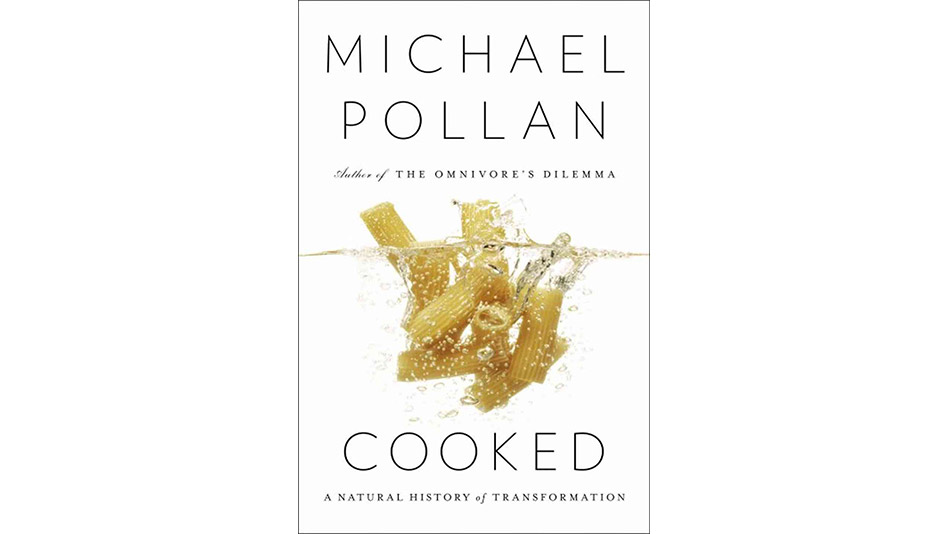
Why Cooking Is One of the Most Worthwhile Things You Can Do
Though it's hard to say which came first: Was home cooking denigrated because the work was mostly done by women, or did women get stuck doing most of the cooking because our culture denigrated the work? The gender politics of cooking, which I explore at some length in part II, are nothing if not complicated, and probably always have been. Since ancient times, a few special types of cooking have enjoyed considerable prestige: Homer's warriors barbecued their own joints of meat at no cost to their heroic status or masculinity. And ever since, it has been socially acceptable for men to cook in public and professionally—for money. (Though it is only recently that professional chefs have enjoyed the status of artists.) But for most of history most of humanity's food has been cooked by women working out of public view and without public recognition. Except for the rare ceremonial occasions over which men presided—the religious sacrifice, the July 4 barbecue, the four-star restaurant—cooking has traditionally been women's work, part and parcel of homemaking and child care, and therefore undeserving of serious—i.e., male—attention.
But there may be another reason cooking has not received its proper due. In a recent book called The Taste for Civilization, Janet A. Flammang, a feminist scholar and political scientist who has argued eloquently for the social and political importance of "food work," suggests the problem may have something to do with food itself, which by its very nature falls on the wrong side—the feminine side—of the mind-body dualism in Western culture.
"Food is apprehended through the senses of touch, smell, and taste," she points out, "which rank lower on the hierarchy of senses than sight and hearing, which are typically thought to give rise to knowledge. In most of philosophy, religion, and literature, food is associated with body, animal, female, and appetite—things civilized men have sought to overcome with knowledge and reason."
Very much to their loss.











